Last Thursday in class, I showed my students the documentary “Tough Guise.” The film examines the relationship between media images and the social construction of masculinity.
Here’s an excerpt of the film's description:
“Whether he's looking at bullying and school shootings or gay bashing, sexual assault, and violence against women, Katz makes a powerful case that male violence, misogyny, and homophobia are inextricably linked to how we define manhood as a culture. The film gives special attention to how American media have glamorized increasingly regressive and violence masculine ideals in the face of mounting social and economic threats to traditional white male heterosexual authority.”
Gender, like race, is a social construct. Simply explained, there is no biological definition of gender. Gender is created by societal determinations constructed to define characteristics belonging to males and females. This imposition of gender begins at birth. When we are born, doctors determine our sex based on our visible genitalia. Based on whether we have a penis or a vagina, we are soon swaddled in a warm pink or blue blanket.
Here’s an excerpt of the film's description:
“Whether he's looking at bullying and school shootings or gay bashing, sexual assault, and violence against women, Katz makes a powerful case that male violence, misogyny, and homophobia are inextricably linked to how we define manhood as a culture. The film gives special attention to how American media have glamorized increasingly regressive and violence masculine ideals in the face of mounting social and economic threats to traditional white male heterosexual authority.”
Gender, like race, is a social construct. Simply explained, there is no biological definition of gender. Gender is created by societal determinations constructed to define characteristics belonging to males and females. This imposition of gender begins at birth. When we are born, doctors determine our sex based on our visible genitalia. Based on whether we have a penis or a vagina, we are soon swaddled in a warm pink or blue blanket.
Source:http://www.aliexpress.com/store/product/newborn-baby-s-receiving-blanket-combed-cotton-and-coral-fleece-pack-blankets-baby-set-high-quality/1212763_1827567036.html
Females receive pink, and males receive blue. Thus, begins the performance of gender. These gender performances continue throughout our lives, as we negotiate playing with dolls or balls, dating rituals, or even deciding between on a career.
Thursday’s class module on sexuality in the media came right on time. The night before, I caught an episode of American Dad. It was the episode when Stan questions his son Steve’s masculinity after Steve fails to live up to his father’s expectations during a fight. As a result, Steve partners with Roger, the family’s alien, to win back his dad’s approval by becoming a superhero crime fighter.
It wasn’t until Steve actually fulfilled the typical masculine roles of bravery and courage when he saved a baby and some family pets from danger that Stan reaccepts applauds his son’s efforts and ultimately reaccepts him.
The episode’s portrayals caught my eye and served as a good happenstance entry to today’s class discussion.
Females receive pink, and males receive blue. Thus, begins the performance of gender. These gender performances continue throughout our lives, as we negotiate playing with dolls or balls, dating rituals, or even deciding between on a career.
Thursday’s class module on sexuality in the media came right on time. The night before, I caught an episode of American Dad. It was the episode when Stan questions his son Steve’s masculinity after Steve fails to live up to his father’s expectations during a fight. As a result, Steve partners with Roger, the family’s alien, to win back his dad’s approval by becoming a superhero crime fighter.
It wasn’t until Steve actually fulfilled the typical masculine roles of bravery and courage when he saved a baby and some family pets from danger that Stan reaccepts applauds his son’s efforts and ultimately reaccepts him.
The episode’s portrayals caught my eye and served as a good happenstance entry to today’s class discussion.
Source:https://www.youtube.com/watch?v=vl95AkugDiY
Following the film, we had an interesting discussion of what defines masculinity and how it is portrayed in the media.
We discussed the topic of the women facing charges of alleged sexual assault for twerking on a random guy at a gas station and the video of the man who alleges he was raped as his friends laugh and discount his admittance of being a victim of a serious crime.
Following the film, we had an interesting discussion of what defines masculinity and how it is portrayed in the media.
We discussed the topic of the women facing charges of alleged sexual assault for twerking on a random guy at a gas station and the video of the man who alleges he was raped as his friends laugh and discount his admittance of being a victim of a serious crime.
Sources:http://www.nydailynews.com/news/crime/police-arrest-woman-wanted-forcibly-twerking-man-article-1.2431793
https://www.youtube.com/watch?v=0IDATT4g6GA
Audience reaction to both of these stories proved interesting. They shined light on men reacting in what society would typically deem as a less than masculine way. It should be every man’s dream to be touched and groped by scantily clad women, right? At least that is the narrative constructed by dominating masculine stereotypes in society.
A similar question could be asked of the alleged rape victim. Why would a man be mad a woman threw herself at him for sex? This, too, goes against the dominating masculine stereotype.
Would the reaction have been different in both of the situations if the roles were reversed?
More than likely, yes! Gender performance typically becomes problematic when it goes against the grain of societal norms.
In class, the conversation grew even more interesting once we applied the question of masculinity to dating. The students offered up some widely varying answers including physically strong; leader of the household; powerful; a take-charge attitude; good morals; confident; level-headed; and someone who only cries during serious situations like death.
This brings me to the question of today’s blog. If you date men, what masculine roles do you look for them to embody? How else does society characterize society?
If you would like some additional reading on gender, check out these materials:
Jost & Hamilton, “Stereotypes in our Culture”
Lorber, “The Social Construction of Gender”
West, C. and Zimmerman, D. (1987). “Doing Gender.” Gender and Society, 1(2): 125-151.
Connell, “The Social Organization of Masculinity”
http://www.psmag.com/health-and-behavior/social-construction-sex-77099
http://www.bloomberg.com/news/articles/2015-08-07/target-removes-gender-labels-from-kids-sections-after-complaints
VIDEO: The Codes of Gender
Image Sources:http://feministing.com/2015/03/19/remembering-why-redefining-masculinity-is-important/
https://www.youtube.com/watch?v=6vb4yd3Ljxg
https://www.youtube.com/watch?v=6vb4yd3Ljxg

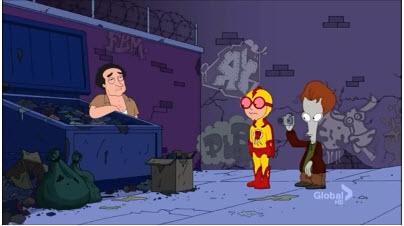


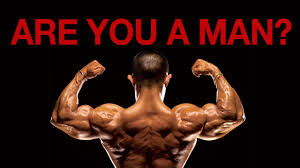
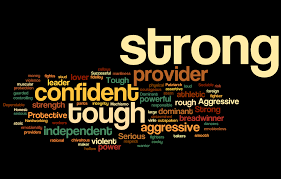
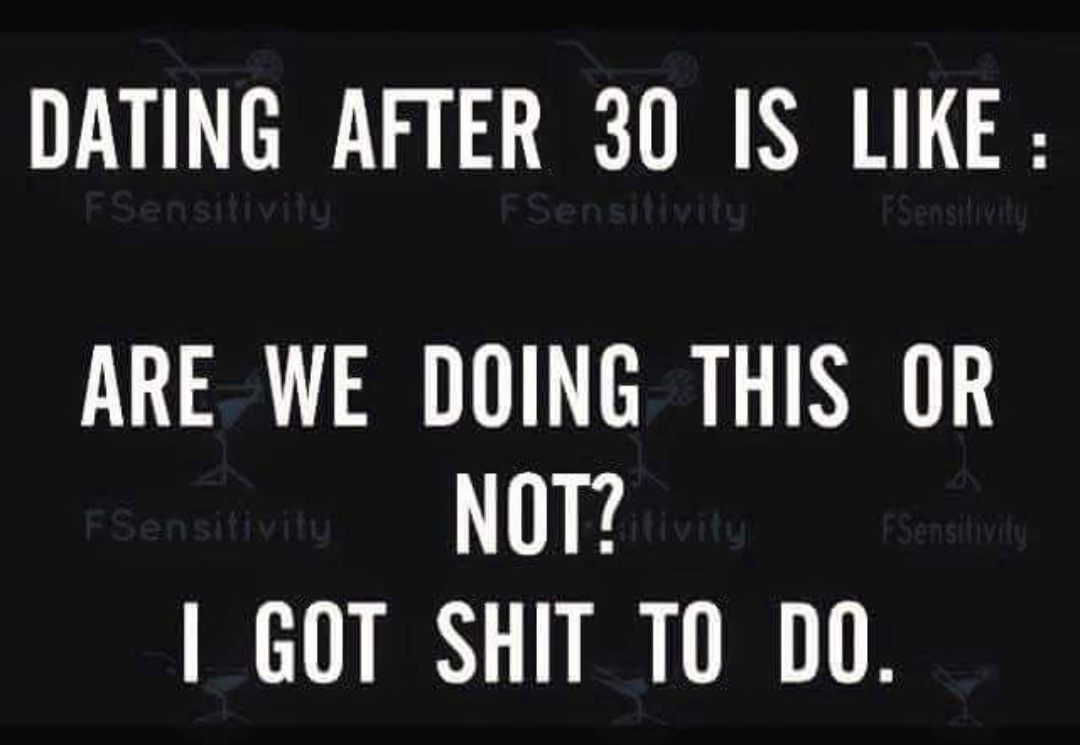
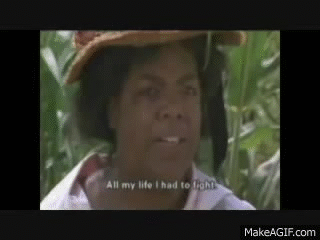
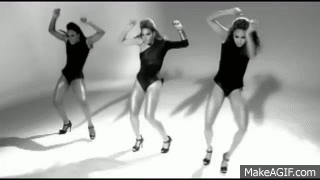
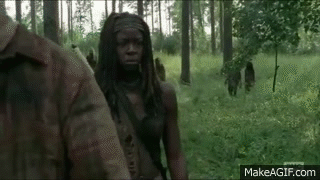

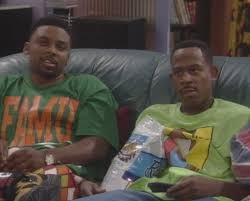



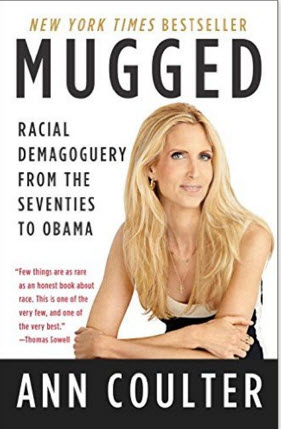
 RSS Feed
RSS Feed